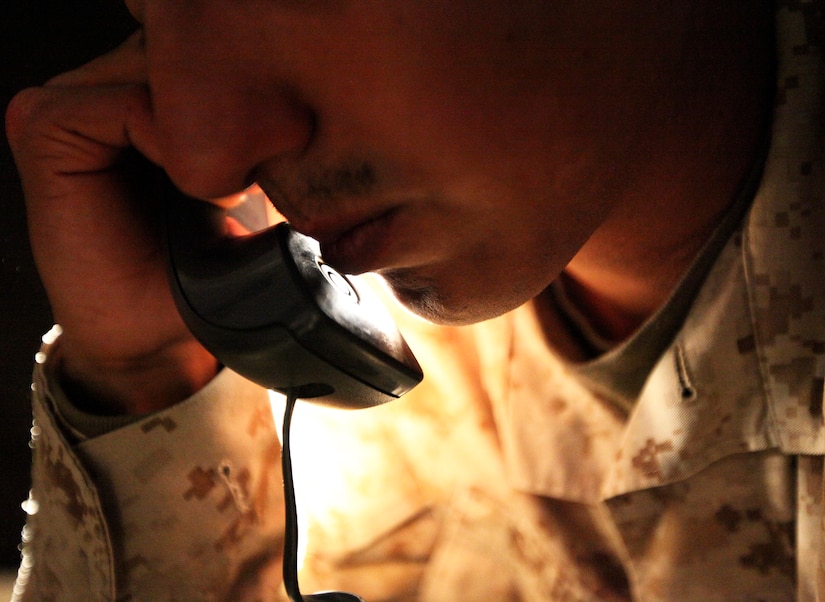Oct. 21, 2020 | , DOD News
Lee Kelley, the director of the military community support programs, discussed the need for such programs during a recent interview.
Kelley is intimately familiar with the problem having been detailed to serve as the deputy director for the Defense Suicide Prevention Office. In studying the complex nature of suicide, the Defense Department has found that relationships are a top contributing factor.

Beyond that, "relationships are the top reason that service members and families seek non-medical counseling through some of the programs that I work with," she said.
Kelley went back to her regular job and gathered a group of experts to examine the type of relationship support being provided to the community across the DOD around the world. "Through the course of this deep dive group, research was brought up about different relationship interventions that have shown promising results in the military community," she said.
The relationship campaign for service members and military families has been launched.
In the civilian world, most couples have families nearby or a network of friends they can confide in, Kelley said . There are churches or medical personnel they can turn to. Many times in the military situation, service members may feel there is no support group.
But there is, Kelley says, and she wants service members to know they are not alone, and there are ways to get that support.
"First of all, we want them to know that they should be comfortable seeking support through our counselors," she said. "What we're doing as a first part of the campaign is pulling back the curtain on what relationship support looks like. What is it? What does it even look like to sit down with a counselor? What kinds of questions are they going to ask me? Does it mean my relationships [are] over if I sit down with a counselor or ask for help?"
Service providers, like the military and family life counselors, will post on social media to talk about what relationship support looks like, what it sounds like, what it feels like, with the end goal being to normalize the experience of seeking help for a relationship, she said.
The second phase of the program is to define what skills an individual can build on to find success in relationships or recover when a relationship doesn't work out, she said.
Kelley is clear-eyed about what can be accomplished. She knows that break-ups happen. "The worst thing that we can hear is that we may have a junior enlisted service member on the East Coast, and their significant other breaks up with them via text message from the other side of the country," she said. "We don't want that service member to feel alone. We don't want that service member to feel like there's no tomorrow. There are alternatives."
And service members and their families are responding. In fiscal 2019, counsellors conducted more than 260,000 relationship sessions through the military and family life counseling program. The program is accessible "to all of our active duty, National Guard and Reserve service members and families, regardless of activation status from anywhere around the world," Kelley said.
COVID-19 has forced some changes, and telehealth counseling is part of the process. Kelley said there has been an uptick in couples seeking counseling since the start of the pandemic, but it is continuing the rise the office saw in previous years. COVID-19 is also forcing couples to confront their problems in ways they might not have done in the past, she said.
Information is at Military OneSource at 1-800-342-9647. There is also an opportunity for a live chat on the website, militaryonesource.mil.
No comments:
Post a Comment